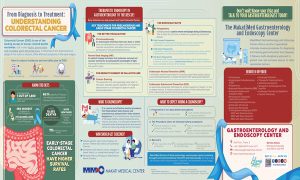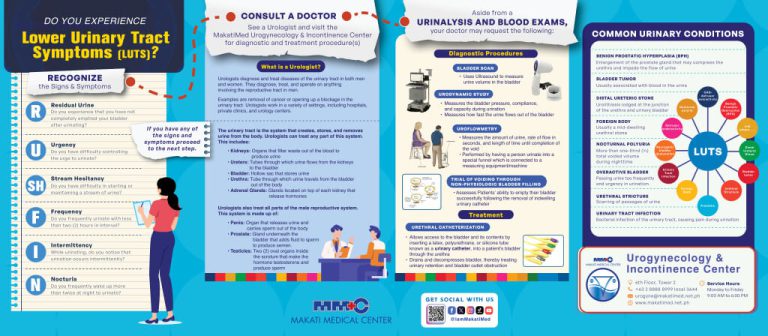Vaccination is one of the most effective ways to safeguard your children against preventable diseases, such as flu or chickenpox. It’s common for Filipino parents to have infants and their young children vaccinated, but they often forget about this process once their children have reached their tweens or teens. Yes, you read that right: pre-teens and young adults need shots, too!
There are several reasons why pre-teens and teenagers still need vaccines. First off, young adults face the same amount of exposure to harmful viruses every day. Childhood vaccines are not a lifetime guarantee and do wear off after a certain period. In which case, boosters are necessary to ensure continuous protection. Plus, a virus can mutate and become resistant to previous iterations of vaccines, meaning you could miss an updated version of a shot that is available today.
It’s good practice to keep a record of your child’s previous immunizations, so you know where to start once they’ve reached the age requirement for adult vaccines. Below are some of the most important ones you should be aware of.
Influenza
The flu strikes every year and is one of the most contagious seasonal infections out there. This respiratory disease attacks the sinus, throat, and lungs, and keep a person bedridden for about a week. This is a yearly vaccine and is a reasonable alternative if you don’t want your child to miss school (since we are talking about teens and pre-teens) and spend a hefty bill on flu medications!
Measles, Mumps, Rubella (MMR)
Last but not least is the MMR shot. It’s also a three-in-one vaccine which prevents the following:
- Measles, or severe rashes that can cause infection in the lungs and brain if left untreated.
- Mumps, or swelling of the glands below the ears.
- Rubella, also known as German measles, which can lead to congenital disabilities in infants when mothers contract the illness during pregnancy.
It takes two (2) doses to complete and is safe for all adults. This is most especially recommended for women who are planning to conceive, as rubella has high risks against pregnancy.
Varicella
Varicella is the virus responsible for chickenpox. This is spread through droplets in the air, such as saliva, a sneeze, or cough from an affected individual. Women are strongly advised to get varicella shots before trying to conceive as they are not allowed to do so during pregnancy. Contracting chickenpox while pregnant can lead to serious complications. This takes two (2) shots to complete.
Hepatitis A and B
Hepatitis A and B shots prevent severe liver damages. The diseases associated with the two can be transmitted in two different ways:
- Hepatitis A is caught through ingesting food or water contaminated by the virus.
- Hepatitis B, on the other hand, can be acquired through contact with the blood of an infected person, or sexual intercourse with an infected person.
The Hepa A shot takes two (2) doses to complete, while the Hepa B shot takes three (3). Most infants are vaccinated with Hepatitis B shots right away, but if you have no records of this shot, you are highly recommended to get it immediately, together with Hepatitis A.
Tetanus, Diphtheria, Acellular Pertussis (Tdap)
This is a three-in-one shot that prevents three life-threatening diseases:
- Tetanus, the severe infection of wounds or cuts.
- Diphtheria, an infection characterized by difficulty of breathing.
- Pertussis, commonly known as “whooping cough,” a contagious respiratory infection.
It takes three (3) doses to complete and is safe for all adults, including those over 60 years of age and women at their third trimester or in postpartum.
Human Papillomavirus (HPV)
The human papillomavirus is a potent strain that has more than a hundred types, with some even developing to cancer. This series of vaccines need three (3) shots to complete. Once administered, you will be safe from HPV-related cancer diseases, and even the formation of genital warts. Take note that the HPV vaccine can be given to females aged 9 to 55 and males aged 10 to 26.
Schedule Your Kids’ Shots Today
If you can’t remember if your child had these shots before, then it’s a good idea to check with your pediatrician or family doctor. You can also go to Makati Medical Center for immunization testing to find out which vaccines have been administrated.
Knowing about these vaccines can help you make the right decision about getting vaccinated as well. There’s no need to wait for you or the people you love develop an illness—knowledge is power, and prevention is better than cure.
Keep your family and friends in the know by sharing this article with them and asking them about their vaccination history!











